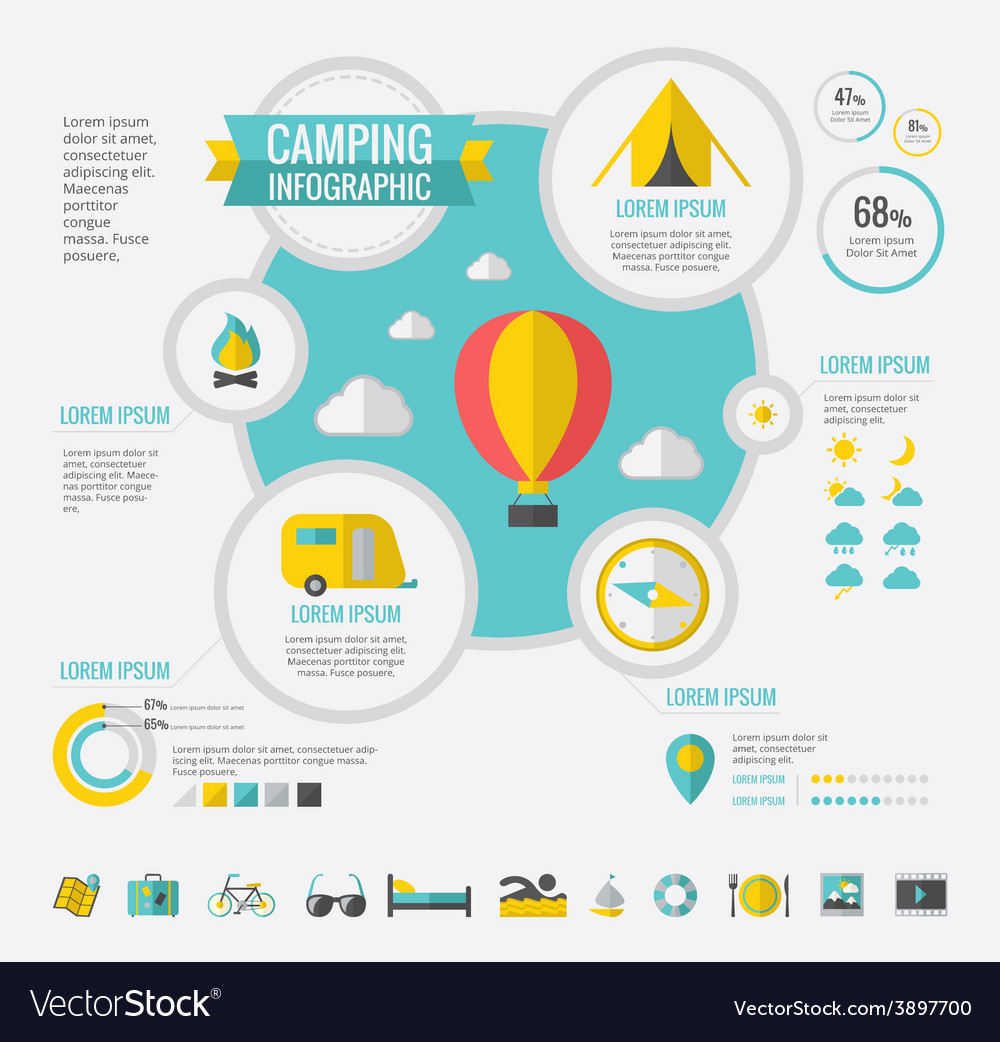Selecting the right structure material is vital for event tents. Whether it's layered steel for budget tents or plated light weight aluminum for sturdy applications, there are many factors to consider to keep in mind.
Steel frameworks are common in lower-priced pop-up outdoors tents but are prone to rust even with finishings and need regular maintenance. Light weight aluminum is light-weight, normally withstands corrosion, and holds up well in humid or coastal settings.
Steel
When it involves making certain the longevity of customized outdoors tents, the material made use of in their frameworks plays an important function. Steel and aluminum alloys both provide premium resilience, however each deals distinct advantages that make it ideal for different sorts of settings. Steel is suitable for rugged problems, while aluminum master withstanding corrosion and minimizing maintenance expenditures.
When occasion hosts select the appropriate camping tent for their needs, they require to think about elements like anticipated weather. For instance, structure camping tents typically do better in gusty or stormy problems than pole outdoors tents since they don't rely upon a main pole to sustain the structure. Nonetheless, the connections between structure items can deteriorate in high tension situations. Recognizing these weak points and carrying out regular assessments can help prevent potential damages.
Steel structures are hard to reduce, weld or shape, which can call for specialized devices and increase labor expenses. On top of that, they tend to corrosion or wear away easily and might require additional security or coatings. Furthermore, steel is really hefty and can trigger concerns when transporting a cover. It's also tough to save for long periods of time since it occupies more area than light weight aluminum structures.
Aluminum
Aluminum is a prominent structure material for canopy camping tents due to the fact that it's light-weight, rust-resistant, and easy to carry and establish. It additionally provides a more steady sanctuary throughout gusty problems than steel structures. Aluminum is less vulnerable to tearing and any type of damages can be quickly fixed, extending the life of the outdoor tents. It likewise takes a breath to decrease condensation and offers remarkable acoustic insulation to dampen outdoors noise.
The toughness of aluminum framework tents is additionally enhanced by the all-natural oxidation residential or commercial properties of the steel. It creates a small oxide layer that protects the surface from deterioration and stains. Thus, the durability of a light weight aluminum pop up camping tent can be enhanced also better when the structure is plated.
Plated aluminum is more powerful than steel and can withstand high wind rates. On top of that, the finishing stands up to corrosion and spots, expanding the lifespan of the camping tent. Moreover, anodized light weight aluminum is recyclable and lasting, making it perfect for services looking for LEED certification. The combination of these buildings makes aluminum a much more cost-effective option than steel for big, sturdy tents, such as those used to suit commercial devices and storehouse stock. Steel, on the other hand, is much more costly because it calls for pricey alloys such as nitrogen, molybdenum, and chromium to improve stamina.
Iron
Iron frame tents commonly last approximately 15 years if the ideal care and maintenance is applied. This consists of consistently cleaning up material and examining steel parts for deterioration and wear. By taking these procedures, event hosts can make the most of the reliability of their structures and ensure their continued efficiency in difficult settings.
Steel is an optimal material for creating long lasting camping tents, especially for usage in extreme weather. It is a strong, sturdy, and economical material that supplies security and resilience for a wide variety of applications. Nonetheless, steel breathability is prone to rusting in damp and coastal settings. The enhancement of protective layers and routine maintenance can aid to reduce this risk, yet these efforts increase total maintenance prices.
On the other hand, light weight aluminum is a more sturdy option for a custom outdoor tents due to its all-natural oxidation homes. When plated, aluminum comes to be super-strong and as much as 3 times more challenging than basic light weight aluminum alloys. This makes anodized light weight aluminum the second-hardest substance alongside diamond (satellites, airplane, and military automobiles all use anodized aluminum). Along with its sturdiness, plated aluminum is additionally much more immune to rust than steel. These aspects make aluminum a superb option for turn up canopy camping tents and add to their capability to lug longer warranties (5, 7, and also life time frame guarantees). Additionally, aluminum is 1/3 the weight of steel permitting a much thinner frame style for even more customization choices and increased stamina.
